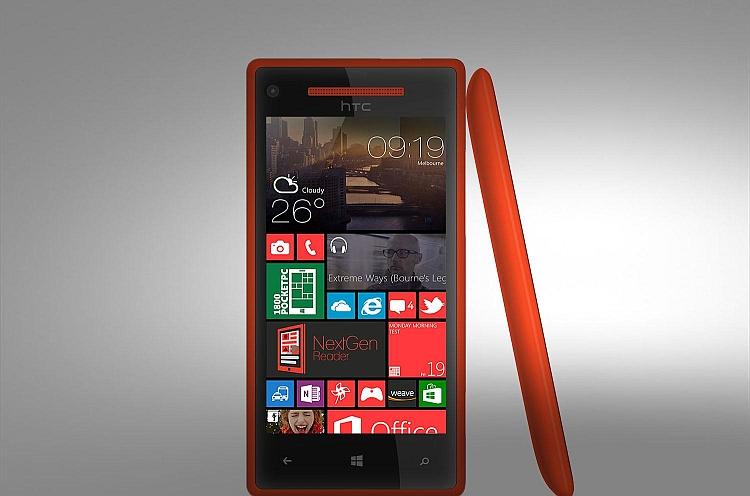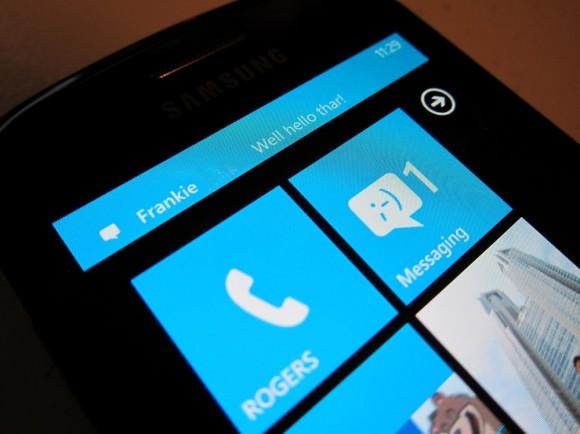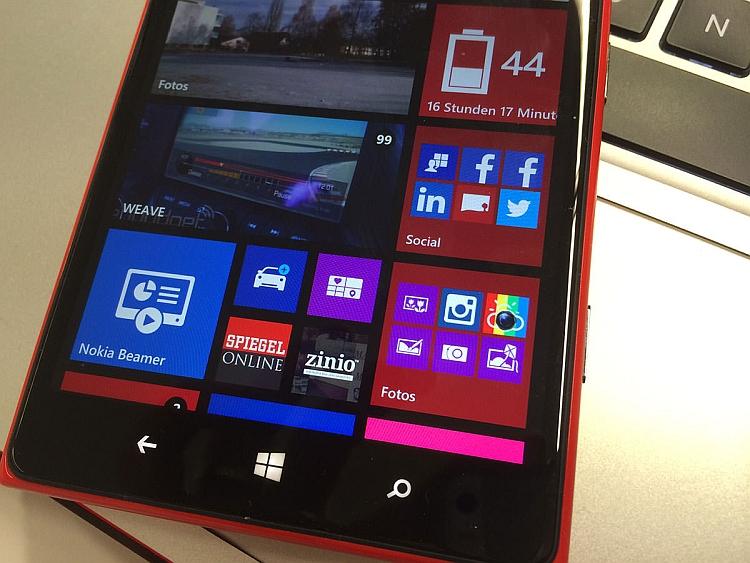
New year, new platform - that's how I'm starting out my 2014. I've explained over the past few articles how I've decided to switch gears once again, this time it's from Android to Windows Phone 8. It's my first time ever using a Windows Phone device, with my last Windows device running on the now discontinued Windows Mobile software. I've documented a bit of my experience already in an article earlier this week explaining why I decided to do it (I did not have a brain aneurysm, thank you very much concerned readers) and some of my first impressions.
Most of my first impressions were positive. Along with every positive comes the negative, though, and over the past couple of weeks there are quite a few quirks that I've noticed with Windows Phone 8 that might be paying contribution to the slow adoption rate of the platform; you know, aside from a lot of mainstream applications still missing.

First and foremost, life without a notification center is a lot harder than it might seem. I have always, always had access to a notification center when I used Android and eventually iOS, so missing a text from somebody and not being able to simply pull down on the status bar to click on it at a more convenient time really grinds my gears sometimes. I'm usually quick to respond to text messages now because I'd rather just click on what they call the "Toast" notification, which looks like a normal notification, but once it's gone it's really gone and you have to navigate your way back to the messages app and open the thread manually. It's not a lot of work, no, but coming from other platforms that have made responding to text messages at a later time a much easier process it is a little hard adjusting back to something like this.
Another issue is the inability to close applications from the multitasker. You can hold down the back button and be shown what applications are currently running, but my efforts of swiping up, down, or holding down the application to close it are fruitless as there is no way to close the application in this way. Instead, you are able to close applications by continuously pushing the back button until you are brought to the Start screen. Again, not a lot of work, but still annoying when you could just close apps at the single push of a button in most other platforms. However, if you have a Nokia Lumia device that supports their Black update that's currently rolling out, you will fortunately have the option to close applications at the click of a button through the multitasker soon.

Another fix that comes from the Black update is the ability to put things into folders. It's really strange to me that Windows Phone 8 didn't have this ability before, but then again, the others are surprising to me as well. I've read somewhere that people were content with the premade folder-type applications like Photos, Games, and Music that put all of your apps and collections together within the app, but I find that this isn't as convenient of an alternative to folders that you can instantly have access to on your Start screen. I don't want to open the Photos app and navigate through the different tabs within that application in order to find the app that I'm looking for - I would rather just have a folder of all my photo editing apps on my Start screen and find the one I'm looking for from there.
While these issues might be fixed in the Lumia Black update, that's only one (large) part of the pie that makes up the Windows Phone 8 family - if you don't use Windows Phone, sometimes it's easy to forget that Samsung, HTC, and Huawei also make Windows Phone 8 devices. Only the Nokia Lumia line of Windows Phone 8 devices will get the Black update, so some of these "fixes" for what I find to be common annoyances aren't going to be available for everybody. However, if the rumors and leaks from Windows Phone 8.1 are any indication of what we'll actually be seeing once the update is released this year, there might be some fixes (such as a notification center) that could help bring Windows Phone 8 up to par with other platforms. Smartphones are supposed to make our lives easier, and Windows Phone 8 sure has a funny way of going about it.
Although I can get past these minor issues, I'm fairly certain that most people who aren't really interested in this industry aren't as forgiving about them. That's why I'm hoping that this is the year that Windows Phone 8 catches up and implements some of these "little" things that can make a big difference throughout the platform.
Images via My WP Story, Digital Trends, Ifrick